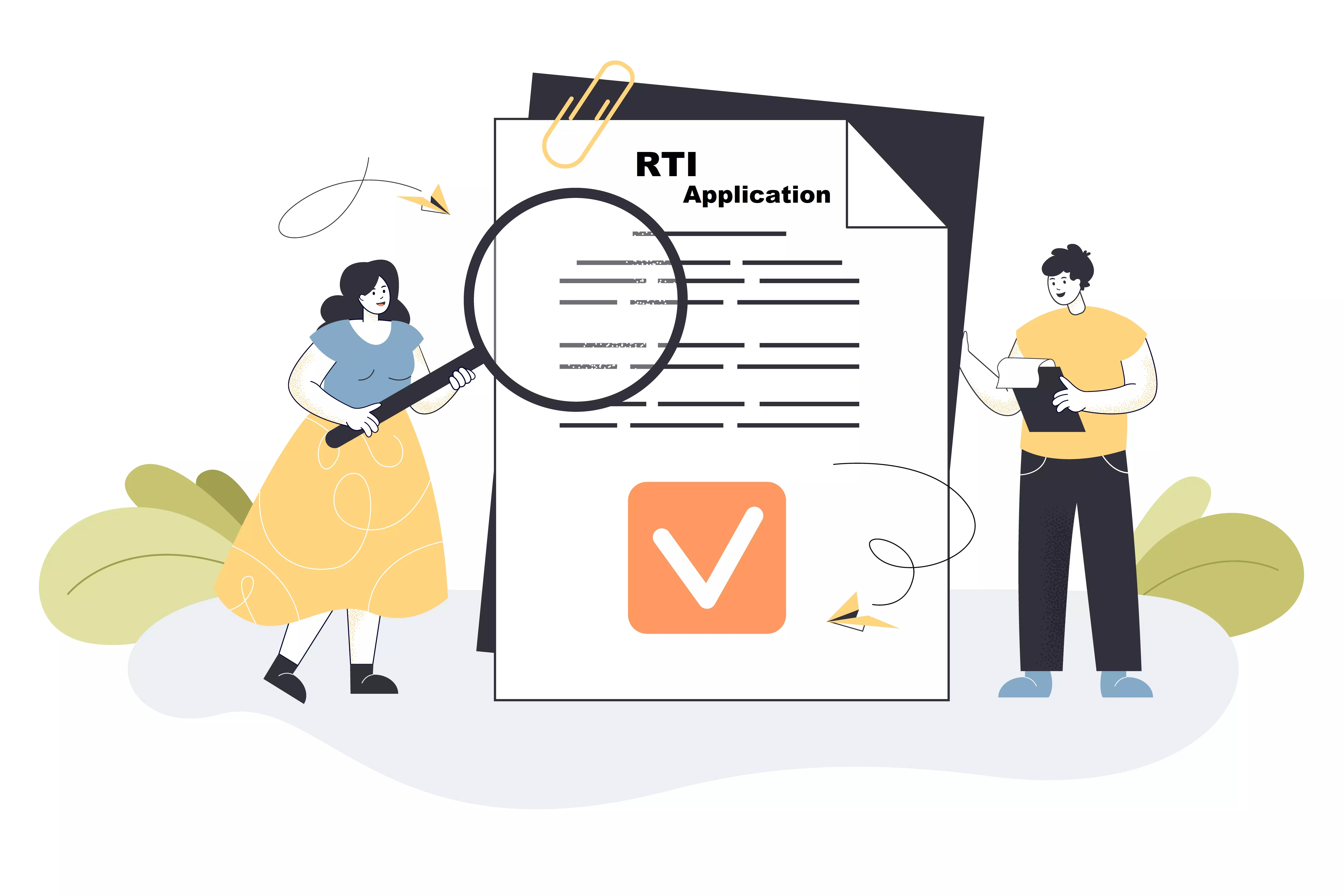What is the process for a foreign national to adopt a child from India?
What is the process for foreign nationals to adopt a child in India?
India is a country with a large population of
children in need of care and protection. Many of these children are available
for adoption by Indian as well as foreign nationals. Adoption is a legal
process that creates a permanent parent-child relationship between the adoptive
parents and the child, regardless of their biological ties. Adoption in India
is regulated by the Juvenile Justice (Care and Protection of Children) Act,
2015, and the Guidelines Governing Adoption of Children, 2015. These laws aim
to ensure the welfare and best interests of the child, safeguarding their
rights throughout the adoption process.
Foreign nationals who wish to adopt a child
from India must fulfil certain eligibility criteria set by the Central
Adoption Resource Authority (CARA) or the concerned adoption agency. These
include the following:
·
The prospective
adoptive parents must be in good physical, mental, emotional, and financial
health, be free of any serious medical conditions, and not have been convicted
of any crime or accused of violating a child’s right.
· Anyone who wants to adopt a child, regardless of their marital status or whether they have biological children, may do so under the following conditions;
o If a married couple is adopting the child,
both spouses must agree to the adoption;
o A child of any gender may be adopted by a
single female;
o An unmarried male is not eligible to adopt a
girl child;
·
A couple must be
married for at least two years before they can adopt a child, except for adoptions involving relatives or stepparents.
·
The minimum age
difference between the prospective adoptive parents and the child must be 25
years. The maximum age limit for prospective adoptive parents is 55 years for
single parents and 60 years for couples.
·
The prospective
adoptive parents must have adequate financial resources to provide for the
child’s education, health, and well-being.
·
The prospective
adoptive parents must not have more than four children, including
biological and adopted ones.
The details of the
adoption process by foreign nationals under Indian law are discussed below:
Registration:
Foreign nationals interested in adopting a
child from India must first register with a recognized adoption agency in their
home country or with CARA. They must submit the required documents, such as
identity proof, income proof, health certificate, marriage certificate (if
applicable), home study report, etc. The home study report is prepared by a
social worker who visits the prospective adoptive parent’s home and assesses
their suitability and readiness for adoption. The registration fee for foreign
nationals is USD 500.
Home Study:
After registration, the prospective adoptive
parents undergo a home study and counselling by a social worker from their
country’s adoption agency. The social worker evaluates their motivation,
expectations, lifestyle, family background, parenting skills, etc., and
prepares a report that is sent to CARA.
Referral and
Acceptance:
Based on the home study report and the
preferences of the prospective adoptive parents, CARA refers a child who
matches their criteria and is legally free for adoption. The referral includes
the child’s photograph, medical report, social history, etc. The prospective
adoptive parents have 96 hours to accept or reject the referral. If they accept
it, they have to sign an undertaking that they will not abandon or abuse the
child or place him/her in an institution.
Travel to India:
After accepting the referral, the prospective
adoptive parents have to travel to India to meet the child at the Specialised
Adoption Agency (SAA) where he/she is staying. They have to spend at least one
week with the child to bond with him/her and get familiar with his/her needs
and personality. Adoptive Parents also have to obtain a No Objection Certificate (NOC) from
their country’s embassy or consulate in India.
Court Proceedings:
The next step is to file a petition in court for obtaining an adoption order. The petition is filed by the Specialised Adoption Agency on behalf of the prospective adoptive parents. The court may ask for additional documents or evidence to verify the eligibility and suitability of the parties involved. The court may also interview the prospective adoptive parents and/or the child before granting the adoption order.
Issuance of Adoption
Order:
Once the court issues an adoption order, it
becomes final and irrevocable. The adoption order confers all rights and
responsibilities of parenthood on the adoptive parents and terminates all legal
ties between the child and his/her biological parents or guardians. The SAA
issues a birth certificate for the child with his/her new name and parentage.
Visa and
Post-Placement Reports:
The last step is to obtain an Indian passport
and visa for the child to travel with his/her adoptive parents to their
country. The adoptive parents are required to submit a copy of the adoption order, the
NOC, and the child’s birth certificate to the passport office and the visa
office. They also have to sign an undertaking that they will send
post-placement reports on the child’s progress and well-being to CARA and the
SAA for at least two years after the adoption. The post-placement reports are
prepared by a social worker from their country’s adoption agency and include
information on the child’s health, education, adjustment, etc.
Key Points to Note:
·
The entire adoption
process may take anywhere from six months to two years, depending on various
factors such as availability of children, legal formalities, etc.
·
The adoption fee for
foreign nationals is USD 5,000, which includes the registration fee, the child
care corpus fund, and the SAA fee. The prospective adoptive parents also have
to bear the expenses of travel, accommodation, legal fees, etc.
·
The prospective
adoptive parents must follow the laws and regulations of both India and their
country regarding adoption. They must also respect the child’s culture,
religion, and identity and provide him/her with a loving and nurturing
environment.
Conclusion
Adoption is a noble and rewarding way of giving a new life to a child who needs a family. Foreign nationals who are keen to adopt a child from India must follow the prescribed process and criteria and ensure that they are doing so for the right reasons. Adoption is not a legal but also an emotional and ethical commitment that requires patience, understanding, and dedication. By adopting a child from India, foreign nationals can make a positive difference in the world and enrich their own lives as well.
Law of Torts. Click here to read the article













Comments
Post a Comment
Thanks, For Your Valuable Comment